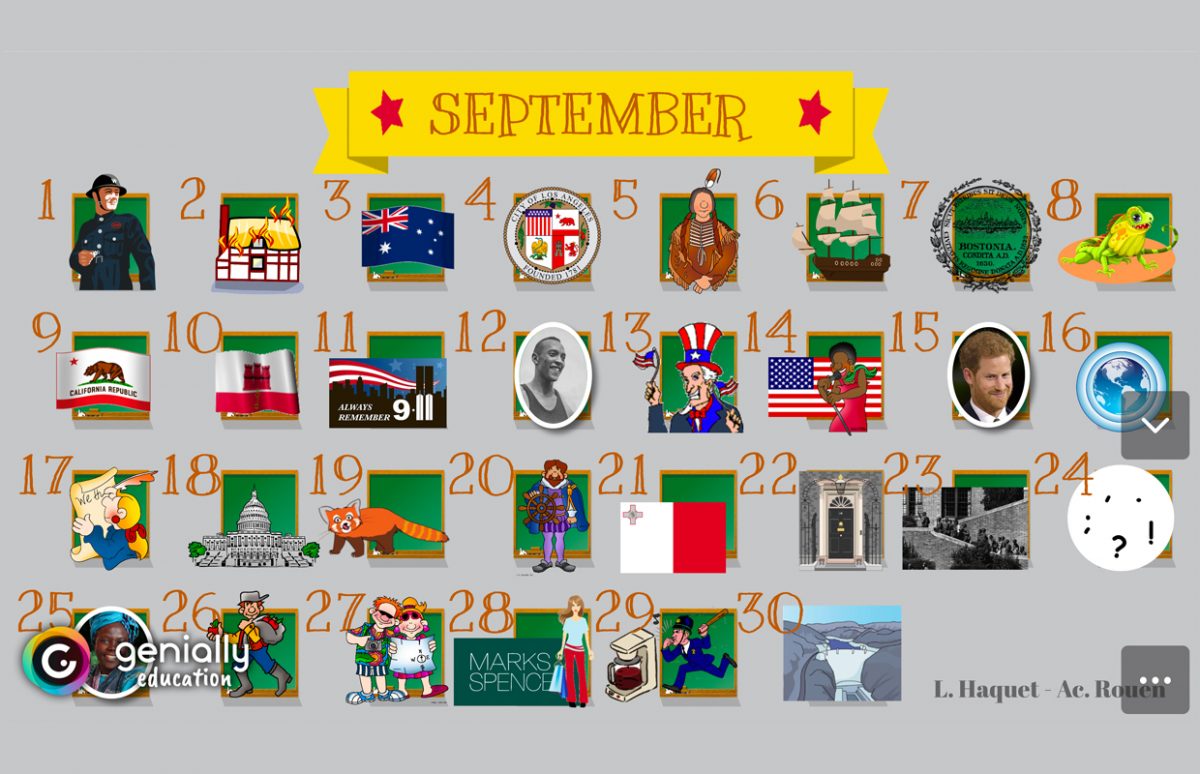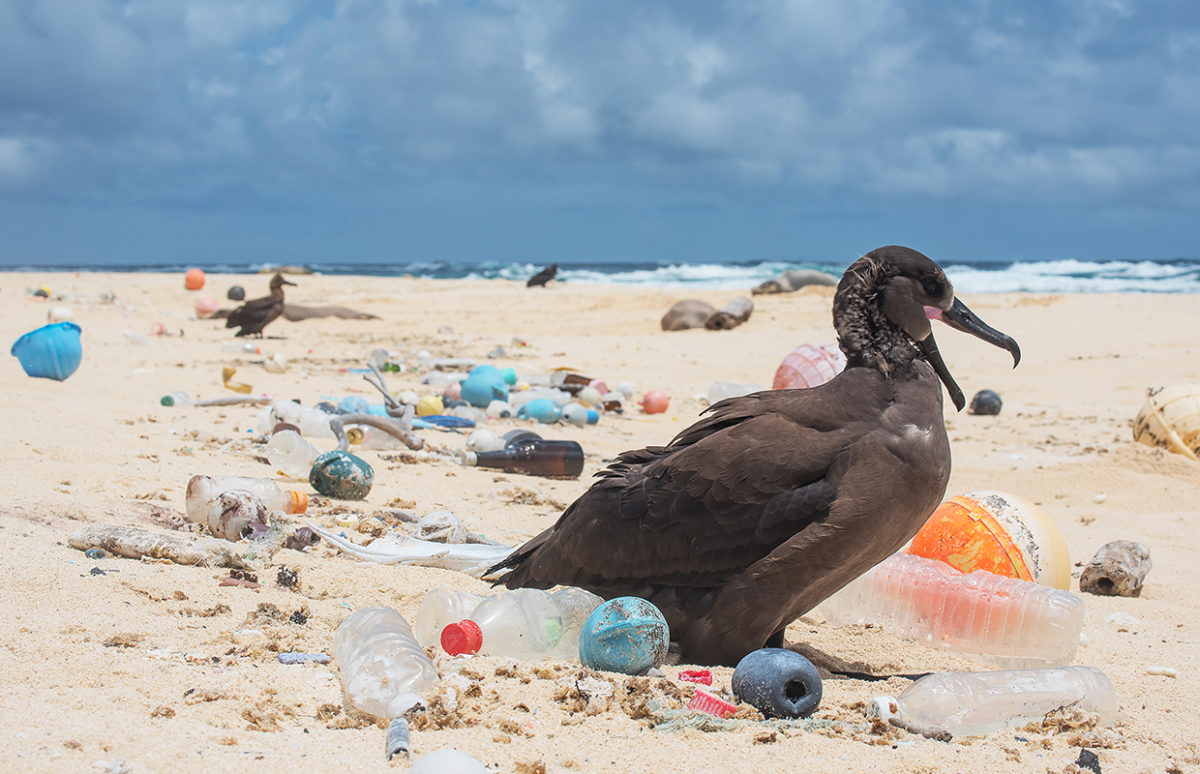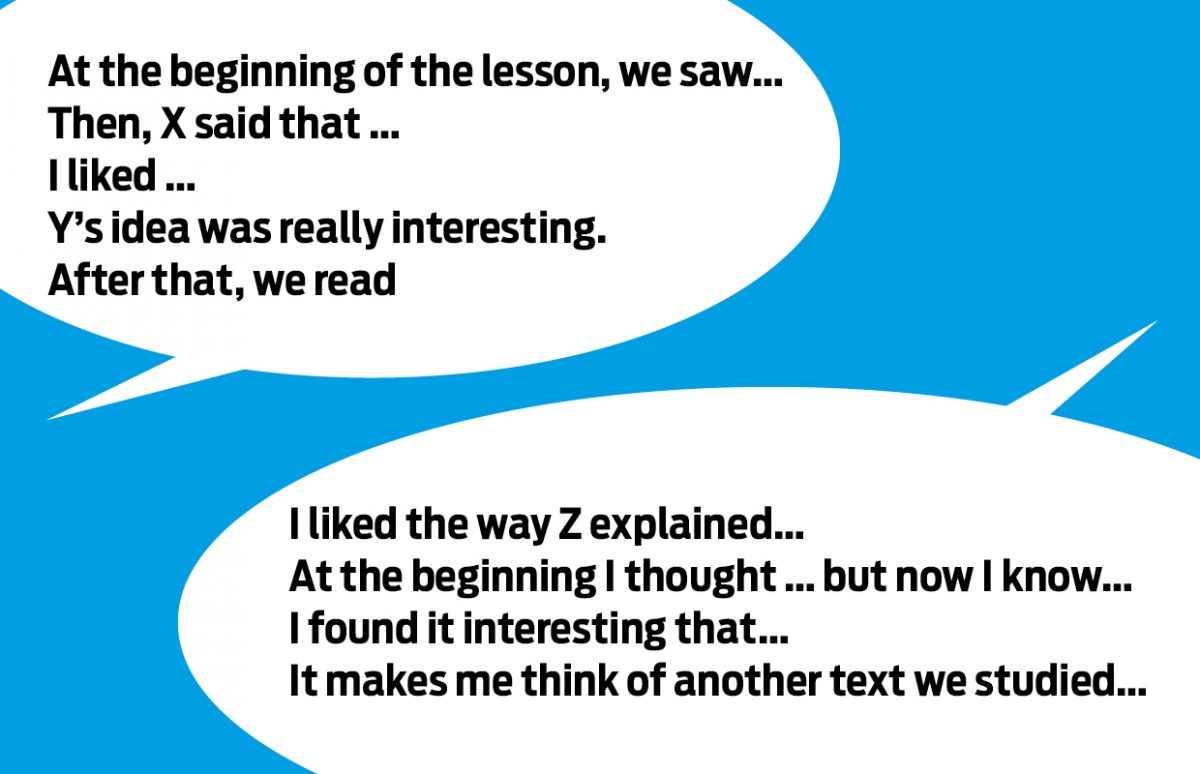
The Johnny English films are a great way to get pupils to think about the clichés of the James-Bond-type spy film. English, created and played by Rowan Atkinson (Mr Bean) is the perfect parody of 007. The third film in the series, Johnny English Strikes Back, is no exception. As the leaders of the G12 are … Continue reading “Teaching With Trailers: Johnny English”

Pourquoi un calendrier interactif ? L’idée même du calendrier n’est pas de moi. Project Britain, site très apprécié des professeurs d’anglais en collège, en propose un depuis des années. Récemment, certains éditeurs de manuels ont élaboré des posters ou des agendas à destination des enseignants. C’est une conversation sur Twitter avec une collègue d’anglais de l’académie … Continue reading “Interactive Calendar”

The House with a Clock in its Walls is a new film adapted from a classic of American children’s literature. This sequence uses one of the film’s trailers to work on Halloween vocabulary and revise clothes vocabulary with A1+ students. Language and structures : a/an plural of nouns pronunciation of the plural “s” ending invariable adjectives … Continue reading “The House with a Clock in its Walls”

The Ocean Cleanup non-profit organisation is hoping to remove vast quantities of plastic pollution from the oceans. Here are some articles and videos you could use to introduce your pupils to this topic. To set the scene, and with lower-level pupils, there is an article provided at A1+, A2 and B1 levels about Ocean Cleanup … Continue reading “Ocean Cleanup Webpicks”

Le travail en groupes en classe de langue : pour quoi faire … et comment faire ? La lecture du Socle commun de connaissances, de compétences et de culture, rédigé en 2015, est éclairante, tout particulièrement la rubrique consacrée à la Coopération et réalisation de projets (Domaine 2, Les méthodes et outils pour apprendre), que l’on enseigne … Continue reading “Group Work: Jigsaw Method”

The People’s Portrait is in fact two portraits of Queen Elizabeth II made up of a collage of images sent in by the general public. People were asked to send in a photo and short description or anecdote. We have an A1+-level Ready-to-Use Resource about the portraits for you to introduce the topic to your … Continue reading “Pupils’ Portrait Competition”

Malheureusement, ce sont souvent les mêmes élèves qui se proposent pour les effectuer. Il est donc essentiel d’équiper tous les élèves avec une espèce de cadre pour les Recaps. Bien sûr, le cadre en début de collège sera simple et court et il évoluera au fil de l’année et sur l’ensemble de la scolarité. Le … Continue reading “Récapitulons !”

For a weekend in late July, the southern English city of Bristol hosts Europe’s biggest street-art festival. The Urban Paint Festival (Upfest) is celebrating its 10th anniversary from 28 to 30 July with a Simpsons theme. Bristol has form when it comes to street art — it is the home city of the mysterious Banksy, … Continue reading “Bristol: The Painting is on the Walls”

Nous serions ravis de recevoir des exemples d’erreurs génériques que vos élèves font tout le temps afin de vous proposer en retour des méthodes efficaces pour aider les élèves à éviter ces erreurs. Par exemple, confondre les noms dénombrables et indénombrables : “I read much books.” Ou se tromper dans l’ordre des mots: “I speak very well … Continue reading “Help Us Help You Avoid Student Errors”

Parmi les idées d’évolution du Baccalauréat figure la perspective d’un « grand oral » qui valoriserait les compétences de l’oral. Or, la confiance nécessaire pour parler devant ses camarades, toute la classe, voire un jury, n’est pas innée et les élèves doivent y être régulièrement entrainés. Les langues peuvent jouer un rôle non négligeable dans … Continue reading “Oral Participation in Class: Ideas from Britain”














